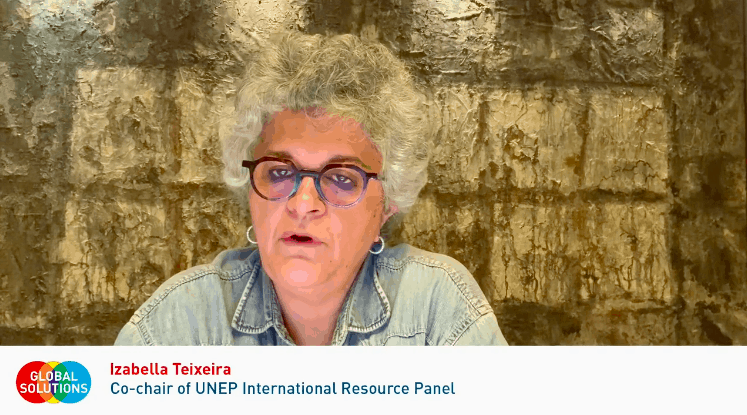Designing out waste and pollution through the gradual closing of loops in global production chains is an important requirement for achieving the Sustainable Agenda and Paris Agreement climate goals and for halting the degradation of our biodiversity. A worldwide shift to a circular economy in all value chains, regions and cities is of central importance for the success of relevant efforts. Many industries offer excellent conditions where waste in one unit becomes a resource for another. Yet, this opportunity is only rarely seized even though technical solutions are available and investors are looking for green growth options. Circular economy business models, however promising they may appear in sectors like mobility (e.g. carpooling apps, bike-sharing schemes) or textiles (second-hand markers, the revival of repairing business, etc.), often still lack wide-scale appreciation, significant implementation scale, and outreach beyond niche markets, to become mainstream solutions. Breaking up with linear models is an even greater challenge in emerging economies, with investors being especially sceptical when it comes to technological approaches considered complex for market standards, when business ecosystems are dominated by the production of single-purpose goods or the export of raw materials to the global North, or when the political and legal framework conditions seem uncertain. Measures to lower entry thresholds for technological innovations in the circular economy, to establish reliable and conducive framework conditions for their application and finance, and to transfer knowledge on the potential of the circular economy across sectors and companies, to both provide inspiration for and improve acceptance of circularity, could all be part of the solution. The challenges of turning a circular economy into reality are multifaceted. What needs to be done to close the knowledge gaps in the identification of sustainable production and consumption loops to make circularity the mainstream model in emerging economies? How to address the existing policy gaps and/or barriers in emerging countries that discourage private investment in circular economy solutions? Further, how can international and regional cooperation make the best use of trade and the global value chain dynamic as leverage for introducing Circular Economy policy actions?







